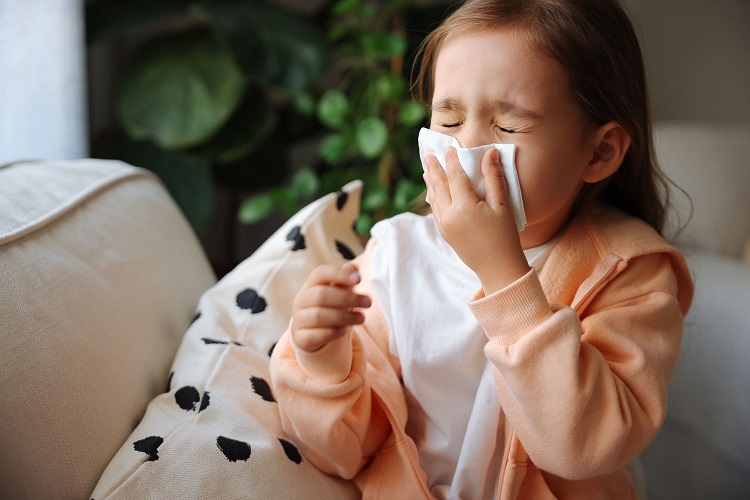We independently evaluate all of our recommendations. We may earn a small commission on some of the items you choose to buy.
If allergies are making your life miserable, a portable air purifier can be a game-changer. The right one can help filter out allergens like dust, pet dander, and pollen, giving you some much-needed relief. But with so many options out there, how do you pick the best one? Let’s go through some of the top choices and what makes them stand out.
OUR SCORE
4.8/5
Exceptional
1. LEVOIT Smart WiFi Air Purifier – Core 300S

OUR SCORE
4.7/5
Exceptional
2. Philips Air Purifier 600 Series – AC0650/20

OUR SCORE
4.6/5
Excellent
3. CONOPU Air Purifier – Compact and Efficient

OUR SCORE
4.6/5
Excellent
4. WINIX A332 Air Purifier

OUR SCORE
4.5/5
Excellent
5. DAYETTE Smart WiFi Air Purifier – AP302

How Do Air Purifiers Help with Allergies?
If you’re sneezing non-stop or dealing with itchy eyes, an air purifier might help. These machines pull in air, trap allergens like pollen, dust mites, and pet dander, and push out cleaner air. The result? Fewer irritants floating around your home and (hopefully) fewer allergy symptoms.
HEPA filters are the real stars here. They capture tiny particles that would otherwise trigger sneezing fits or make it hard to breathe. And if you’re thinking, “Well, I already clean my house regularly,” keep in mind that allergens are sneaky. They linger in the air long after you’ve dusted and vacuumed. An air purifier runs constantly, keeping the air fresh even between clean-ups.
HEPA vs Other Filters: What’s the Difference?
Not all air filters work the same way. HEPA (High-Efficiency Particulate Air) filters are considered the gold standard because they trap 99.97% of particles as small as 0.3 microns. That includes pollen, dust, and even some bacteria.
Other filters, like carbon filters, are great for odors but won’t catch tiny allergens. Then there are ionizers, which charge particles so they stick to surfaces instead of floating in the air. Sounds good in theory, but it means allergens settle on furniture and floors instead of getting trapped. If allergies are your main concern, HEPA is the way to go.
How Often Should I Change the Filter?
This depends on how much you use your air purifier and how dirty the air is. Most HEPA filters last between six months and a year, but if you’ve got pets or live in a dusty area, you might need to swap them out sooner.
Some purifiers come with filter replacement indicators, which take the guesswork out of it. If yours doesn’t, check the filter every few months. If it looks dark and clogged, it’s time for a new one. Running a purifier with an old filter is like trying to drink through a clogged straw—it won’t work nearly as well.
